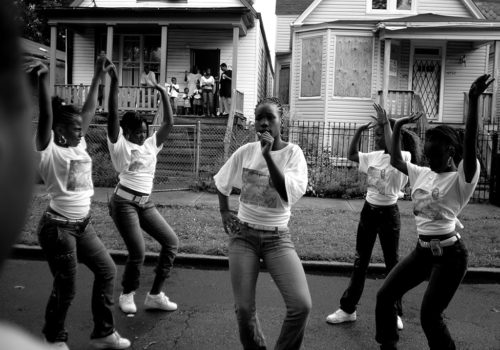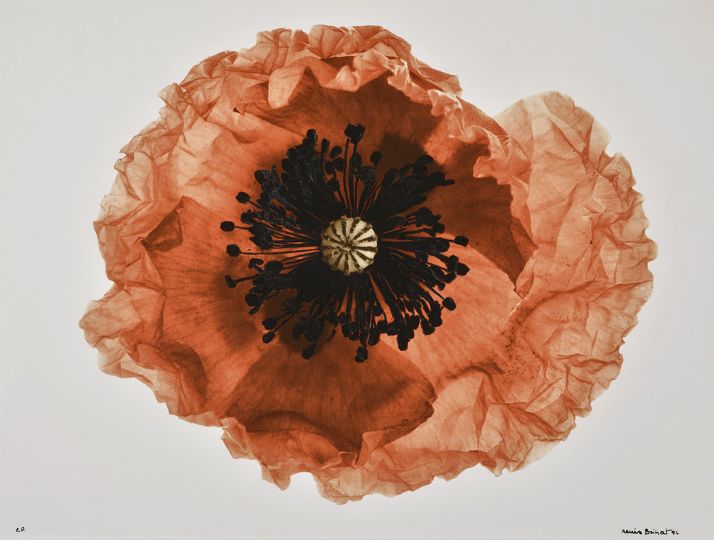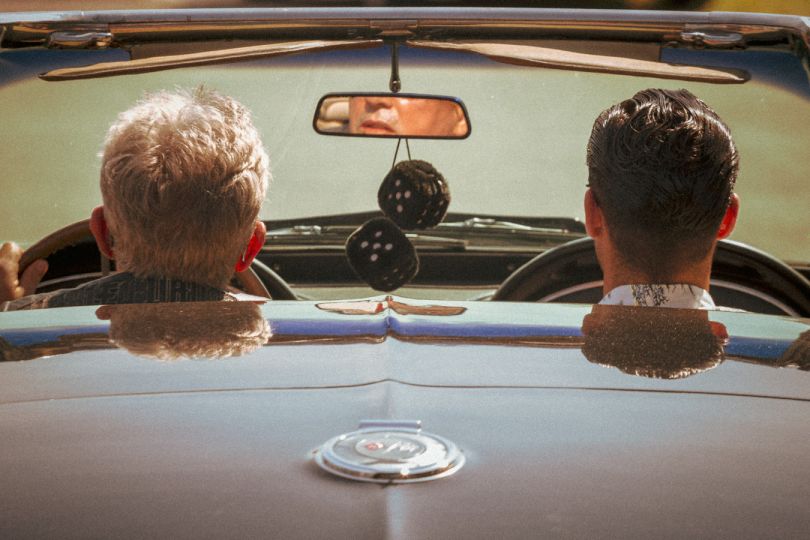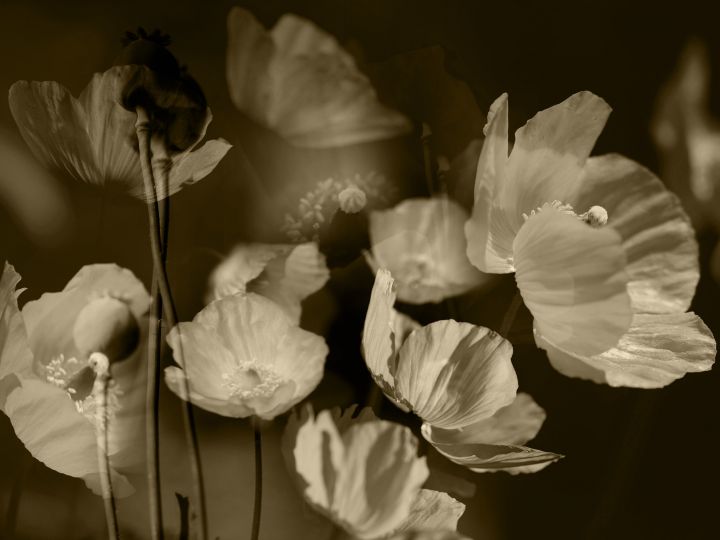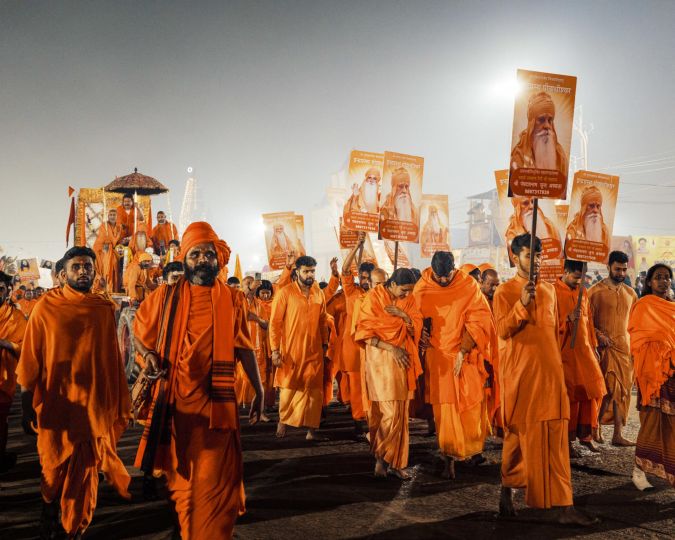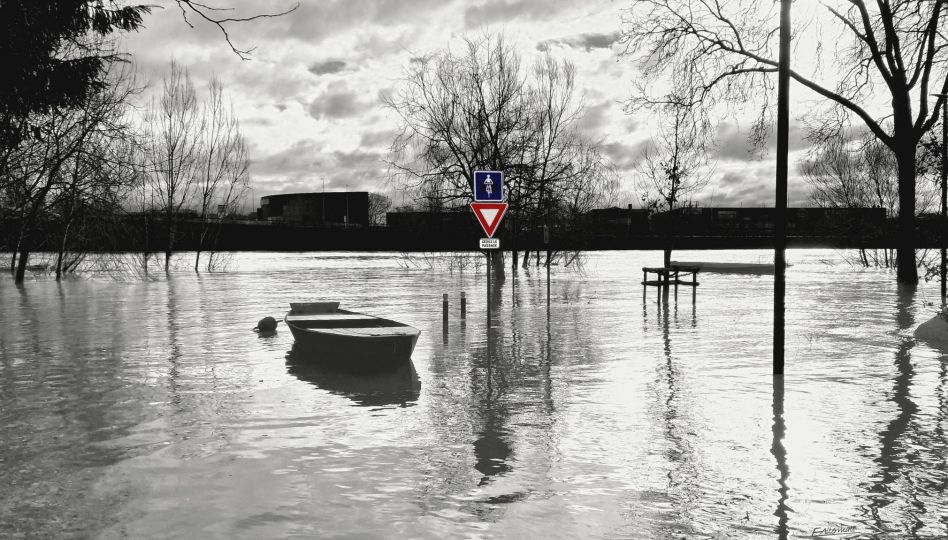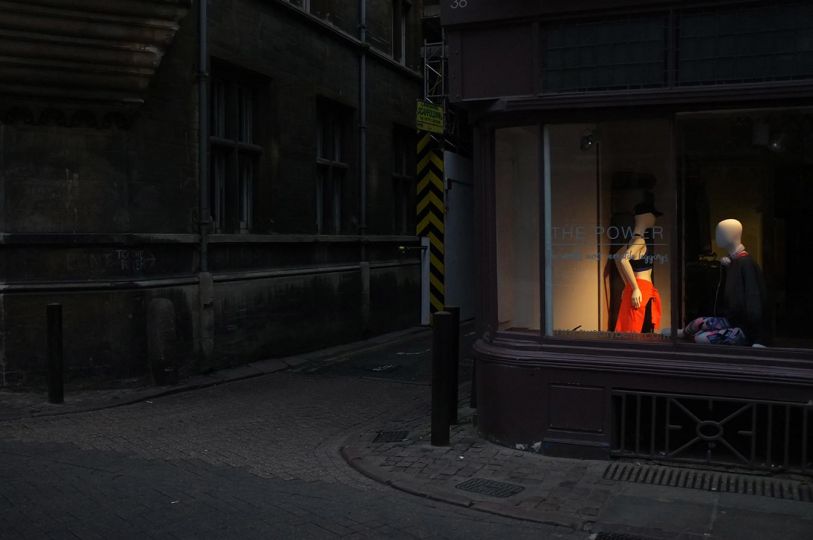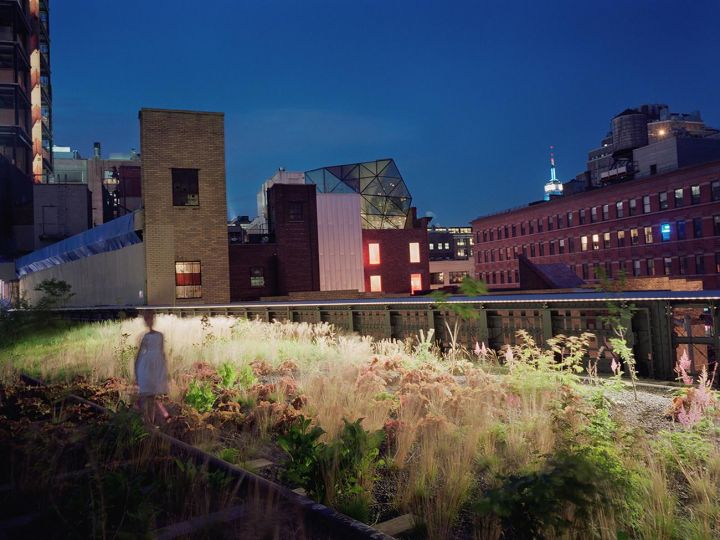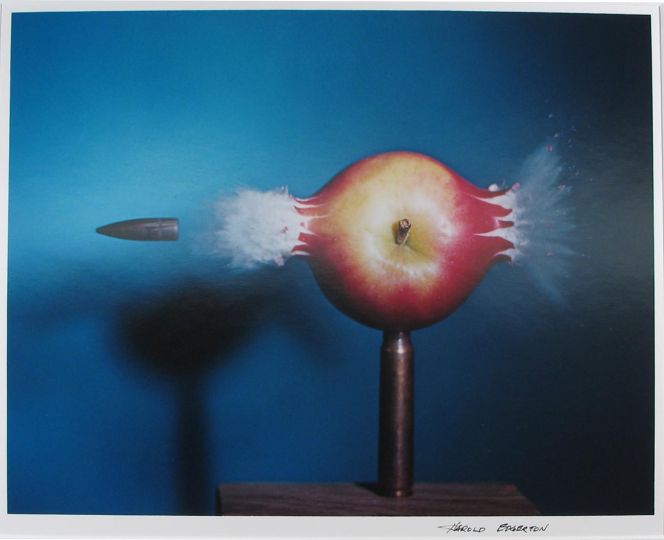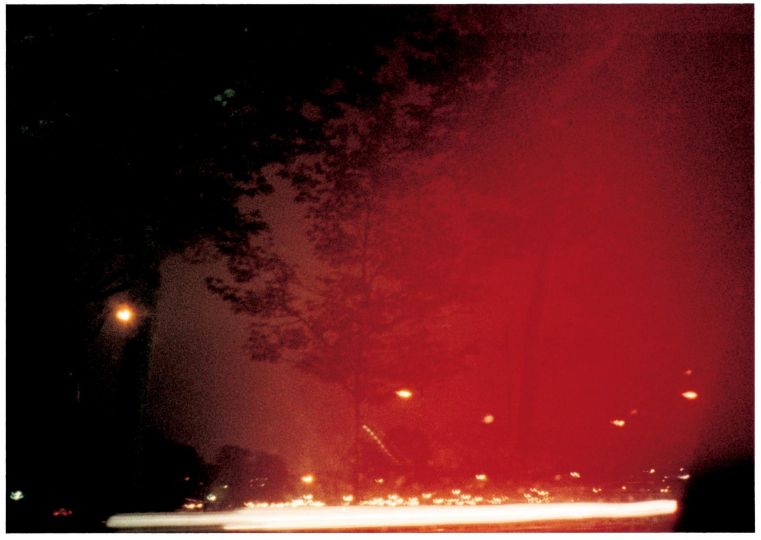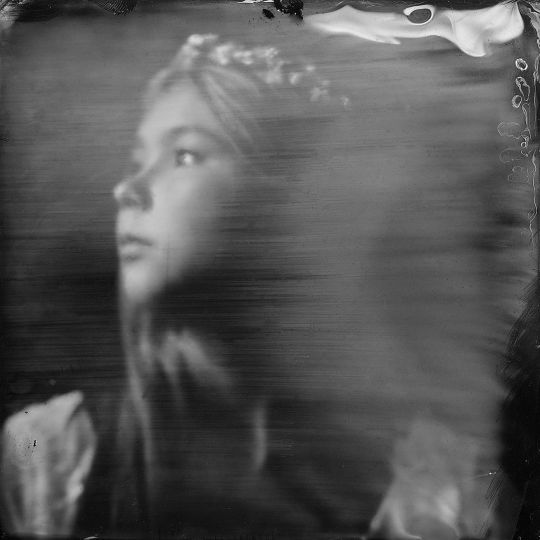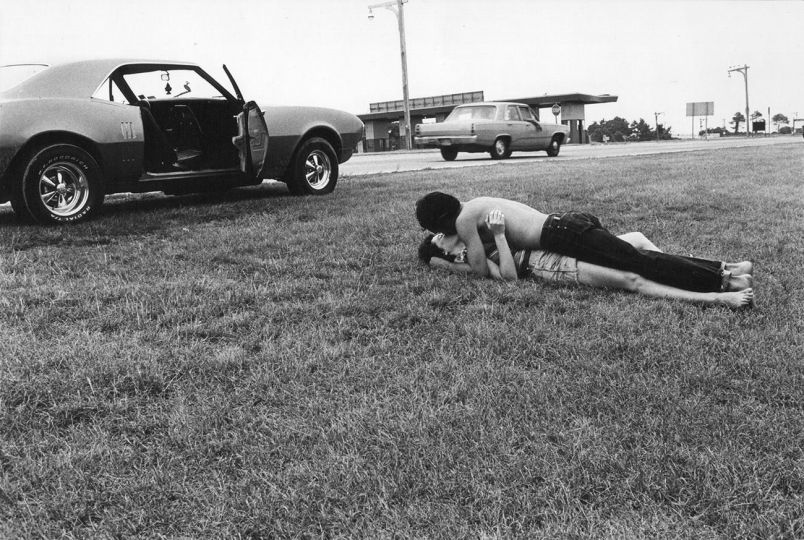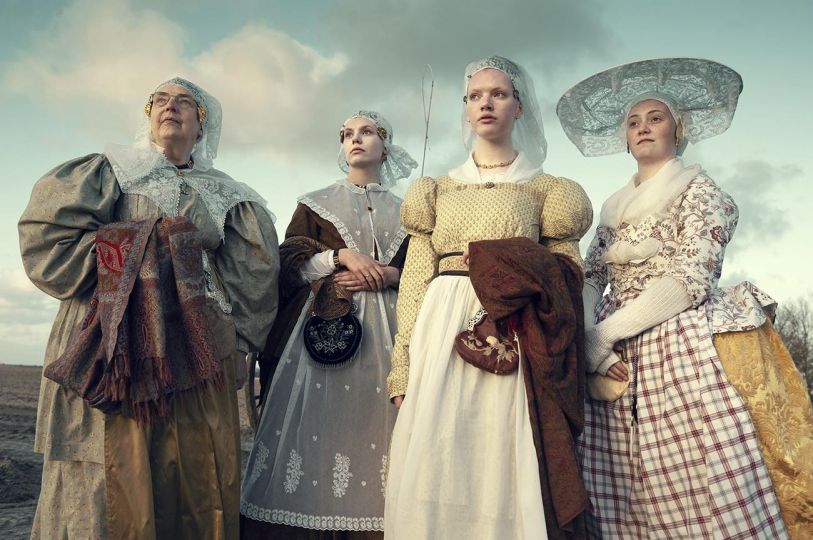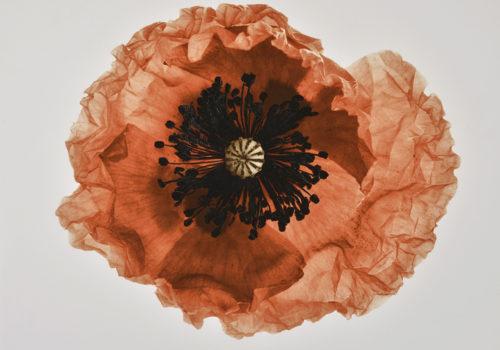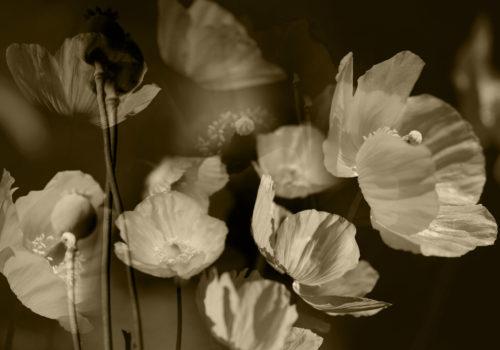For eight years, at the patient pace of compassion, Carlos Javier Ortiz followed in Chicago and Philadelphia families whose lives have been changed by a single gunshot. Published by Red Hook Editions, more of a publishing community than a proper publishing house, We All We Got draws inspiration from the disturbing resilience of these young men and women facing the violence that surrounds them.
To pay tribute to their dead friends, they throw dance parties. “That’s what the mind does for us,” says Ortiz. “In the midst of all the violence, surrounded by boarded-up buildings, it’s like they’re saying: We’re not gonna let this messy situation stop us from celebrating and being. They’re living their lives—and they’re enjoying what life has for them.” This is the approach Ortiz takes to the American suburbs of his childhoods, a far cry from the caricature painted by the authorities. “I sat in school next to a kid who ended up killing a security guard as part of his gang initiation,” he recalls. “He was a kid that I barely knew. He was Puerto Rican, like me. And he killed another person of color.”
He knows the situation from the inside, having grown up in a place where, “it’s normal for a 14-year old boy to be shot on his doorstep,” writes Luke Anderson in the postface. A teacher and activist in urban education in Chicago for the past ten years, Anderson warns: “We cannot continue to look at violence in our communities as strictly a ‘youth problem.’ It is a societal problem that won’t be solved by isolated, feeble attempts at re-education or training. Everyone must take responsibility.”
Long involved with social issues, Carlos Javier Ortiz has taken responsibility. His book, accompanied by an exhibition at the Bronx Documentary Center in New York, examines the extent of the problem. He lets the families of victims, survivors and specialists all speak, and brings together police, youth, families, religion and politics in his pictures. Ortiz addresses everyone, in the hope that the prophecy of Coree Parks, whose 21-year old son was killed in 2012, will not come true: “The one thing that I hate is that I am not the only mother that will have to exchange her old shoes for some new ones,” the old shoes representing her former life, when her son was still alive. Ortiz has chosen the timelessness of black and white. Because the problem is so vast that it would be futile to attempt a comprehensive inventory, he blurs the lines of time and space, without losing an ounce of the intimacy.
BOOK
We All We Got
Photographs by Carlos Javier Ortiz
Texts by Alex Kotlowitz, Tonya Burch, Maria Ramirez,
Coree Parks, Frederick Dennis, Elijah Anderson Ph.D., Luke Anderson
Red Hood Editions,
$50.00 USD
EXHIBITION
We All We Got de Carlos Javier Ortiz
Through March 22nd 2015
Bronx Documentary Center
614 Courtlandt Avenue
Bronx, NY 10451
http://www.carlosjavierortiz.com
http://cargocollective.com/CarlosJavierOrtiz/We-All-We-Got-book

